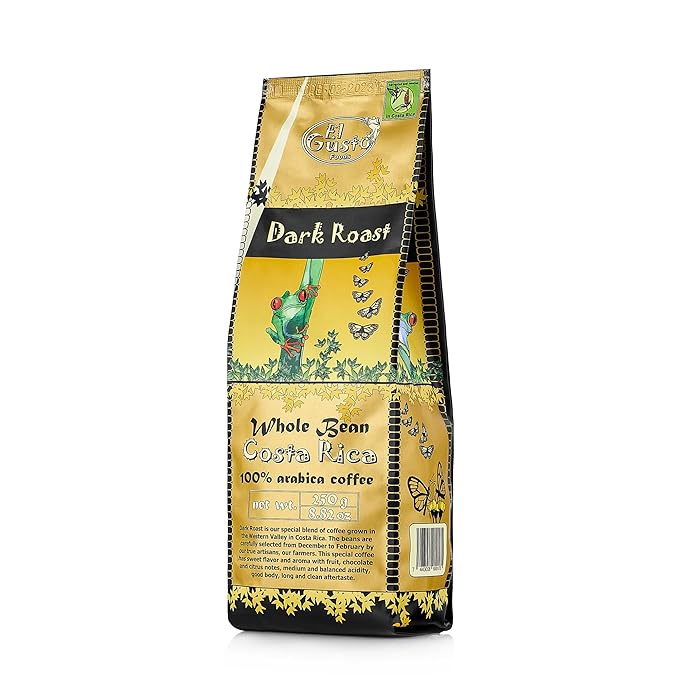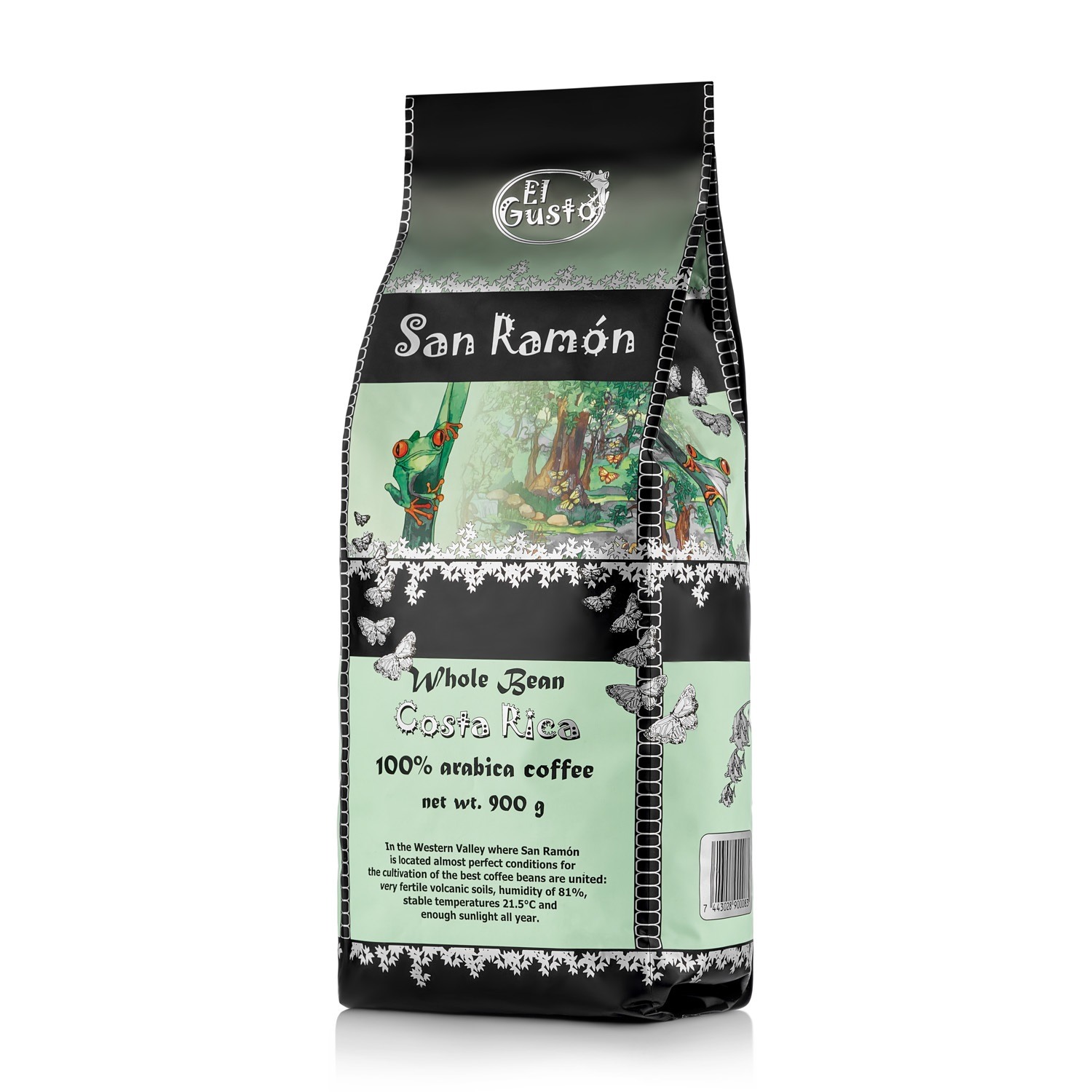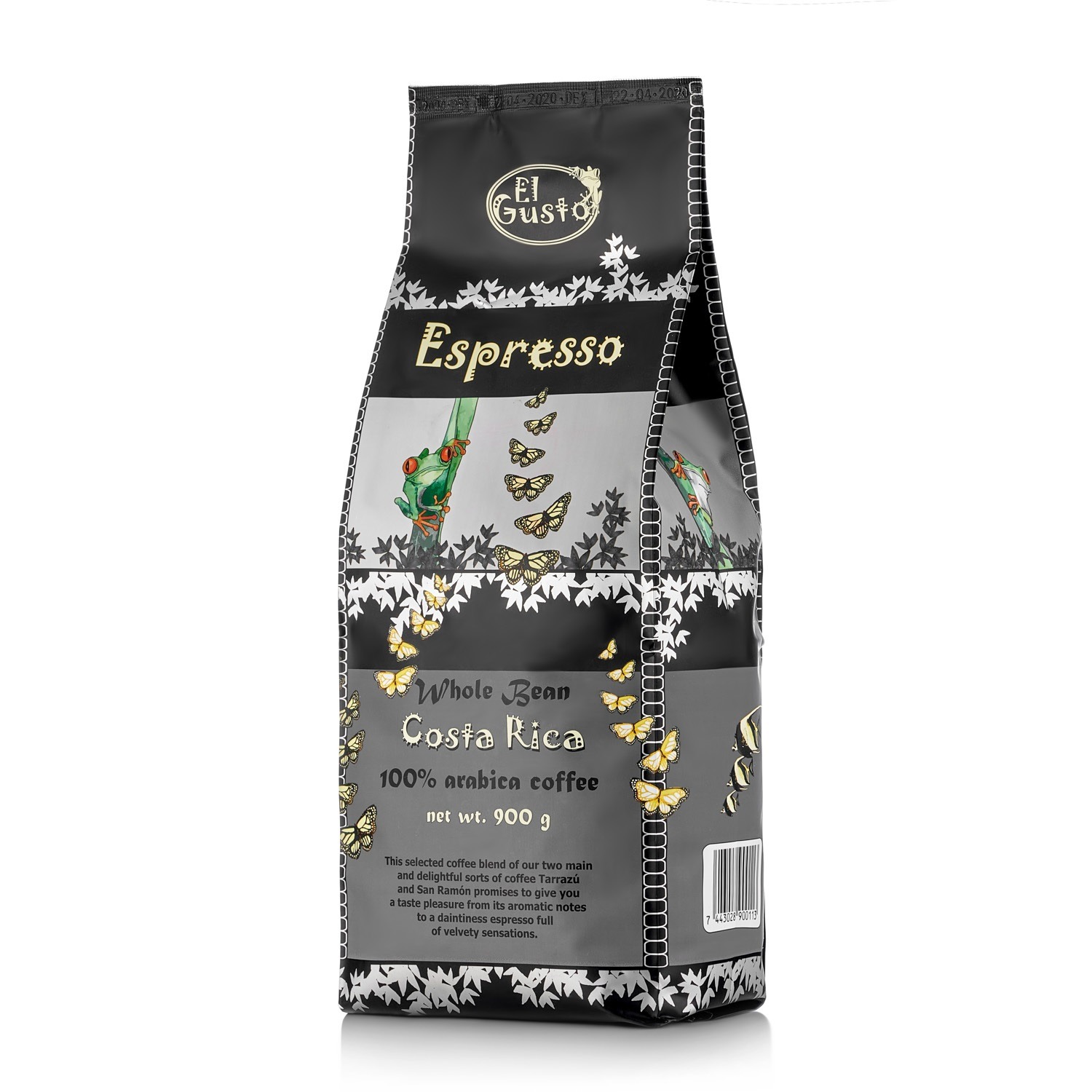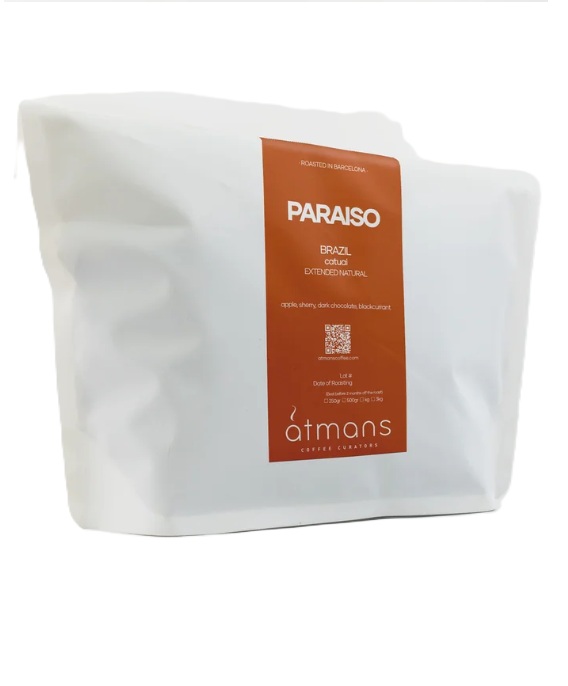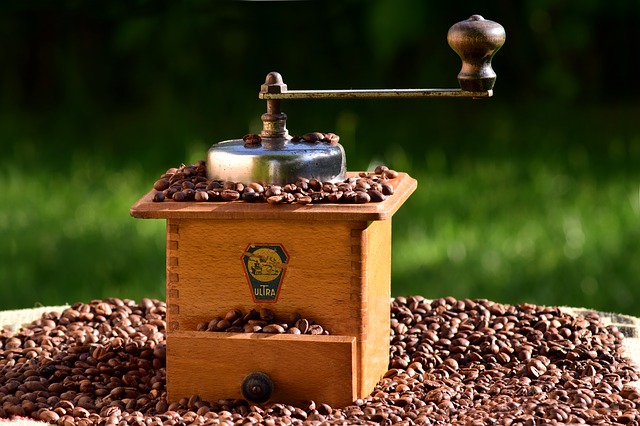
What is the importance of grinding your coffee beans?
Table of Contents
What is the importance of grinding your coffee beans?
- Shelli Galici
- 27-08-2018
- 29-07-2025
- 1992 views
- Coffee Tips, Featured Articles, How To's, Information

Have you ever wonder why coffee shops grind the coffee beans before brewing?
Coffee experts and aficionados say that grinding the coffee beans plays a significant part in making a perfect cup of coffee where the grinding process serves as the base point.
Grinding the coffee beans is not just grinding to call we have a ground coffee. But grounding the beans allows the flavor to be extracted from the bean in water to make a flavorful cup. Having the right size and texture are important to know how the coffee will taste. Grinding fresh coffee beans and grinding them in a correct size makes a huge difference.
Ground coffee beans will tell us the taste and texture of our coffee. Castiron Roasters says, “A correctly extracted cup of coffee, where the coffee has met the water for the right amount of time, will taste sweet and delicious. Under-extracted coffee will taste salty or sour, and over extracted coffee will taste bitter or burnt. By tweaking grind size, and tasting your coffee you should be able to ‘dial in’ your grinder, and grind size to produce great coffee.”
In brewing, the ground beans, the amount of water, and the time of the coffee and water emerged each other is our guideline to what specific grind we need.
Example: For an immersion brew using a cafetiere you need a finely ground course to sit in the water for four minutes to extract the flavor slowly. However, if you over grind the coffee beans and put into the cafetiere, this will end into a disaster where the small particles will overly extract and will end taste very bitter.
Similarly to an espresso machine where water is in contact with the coffee for approximately 30 seconds or less, you need a very finely ground coffee to achieve a rich sweet taste, with too coarse grind the water will rush through under extracting the coffee and producing a drink that tastes sour and salty like a lemon juice. And you don’t want this kind of taste at all.
That is why grinding the coffee beans correctly plays a significant role in the kind of coffee you want to achieve.
Always remember the rule of the thumb when brewing coffee at home – when your coffee tastes slightly bitter, you may have the grind a bit too fine.
For example on the scale of 1-10 fine-course settings, if you ground at 5 and your coffee taste is bitter, you may need to adjust your course setting the next time you grind. Try different setting and see what taste better. Likewise, if your last cup of coffee was a bit too sharp and acidic for your taste, try a slightly finer grind.
Buying high-quality fresh beans, and grinding them correctly before brewing is the secret to a delightful cup of coffee.








